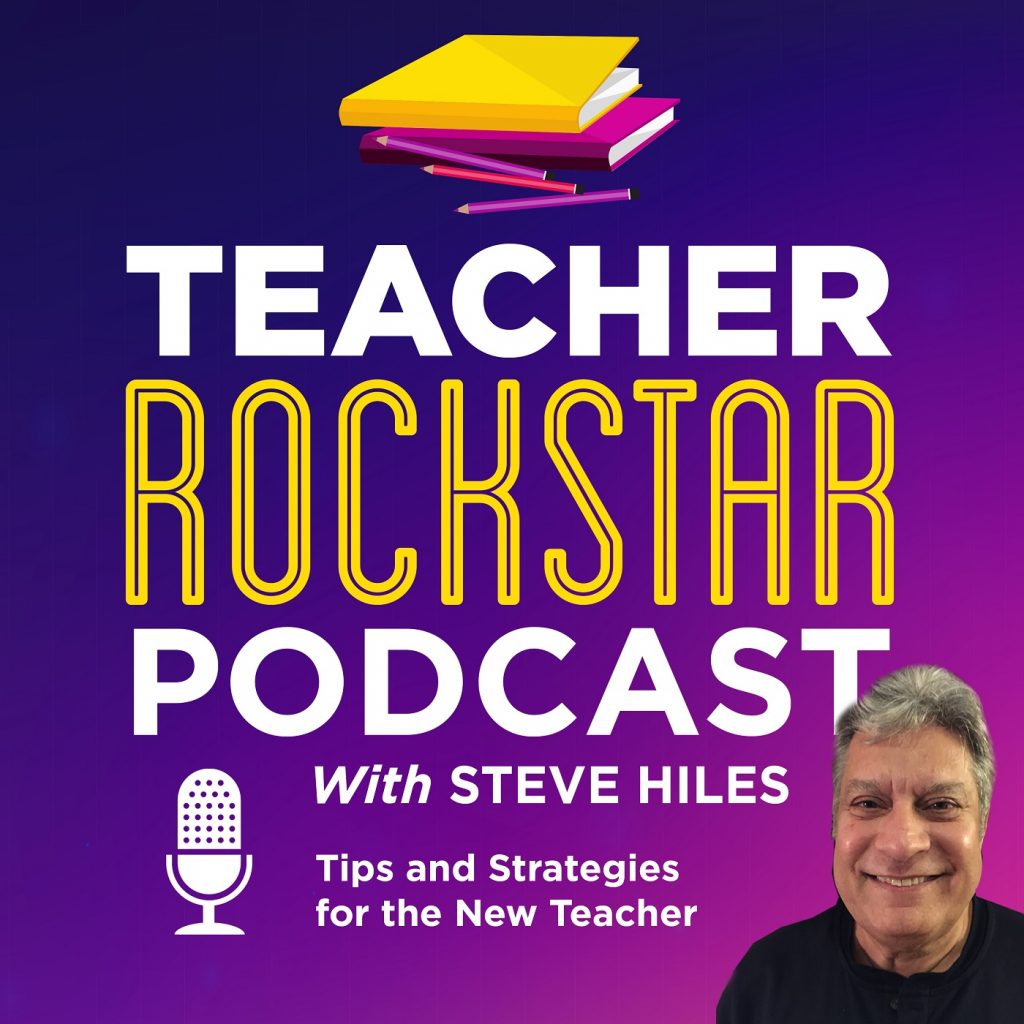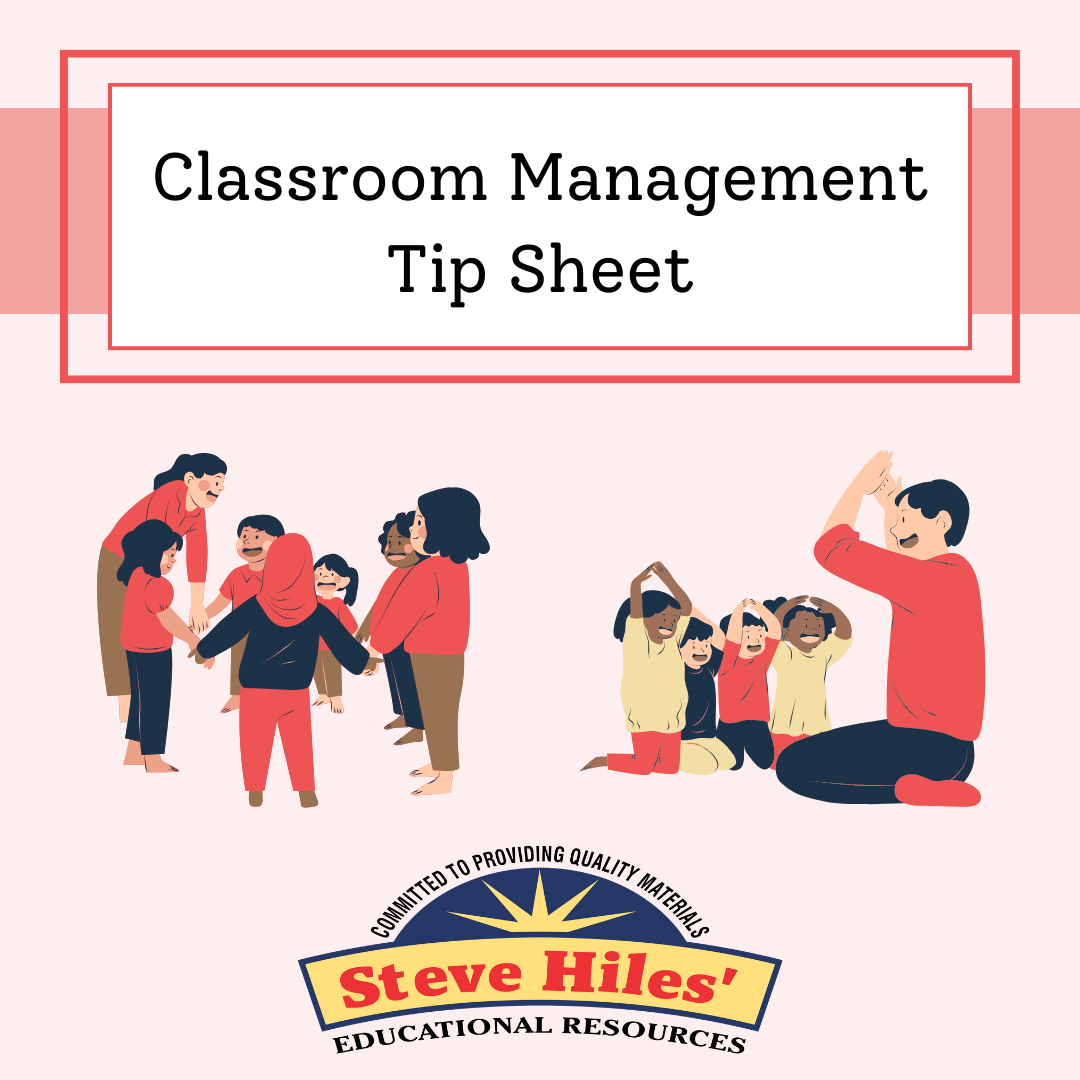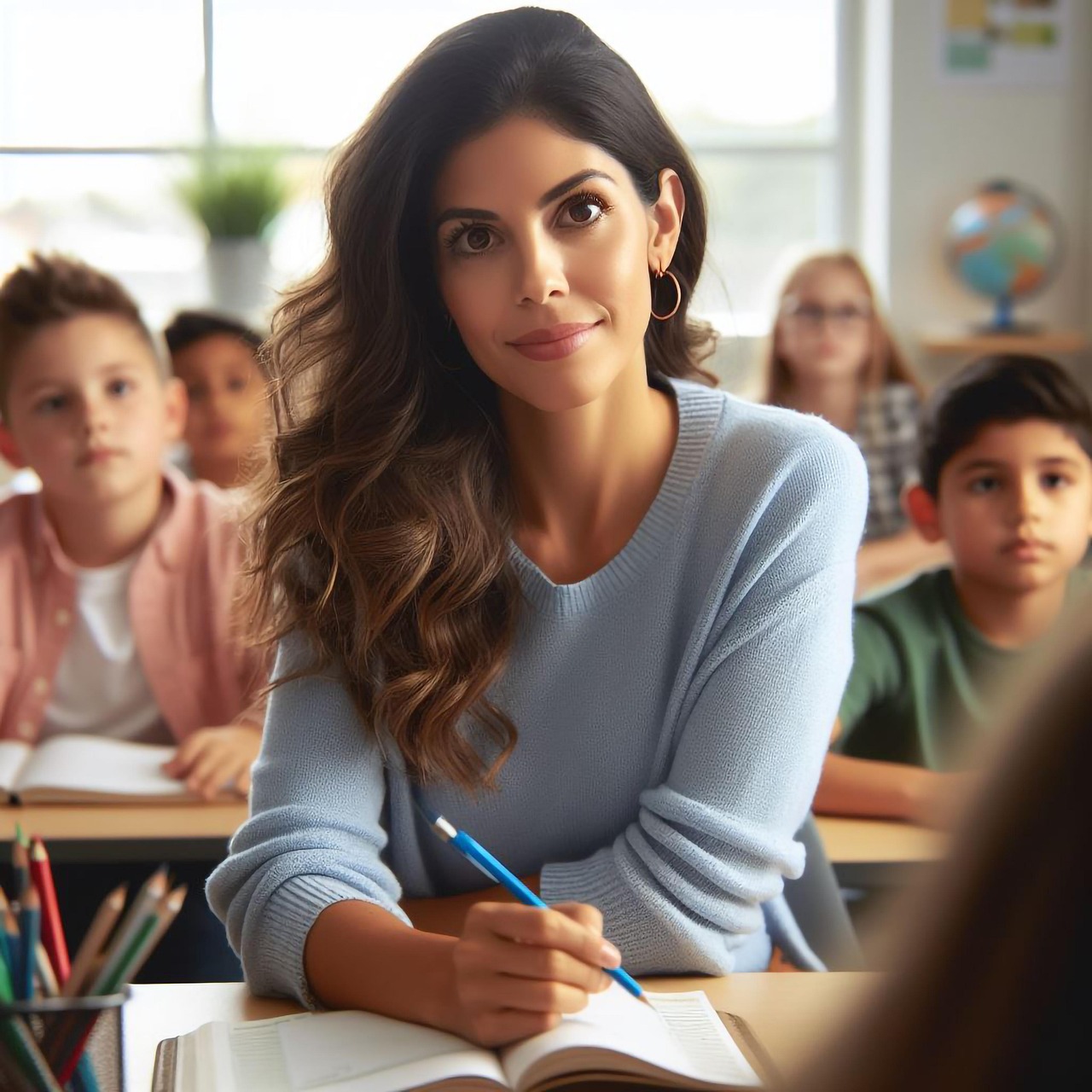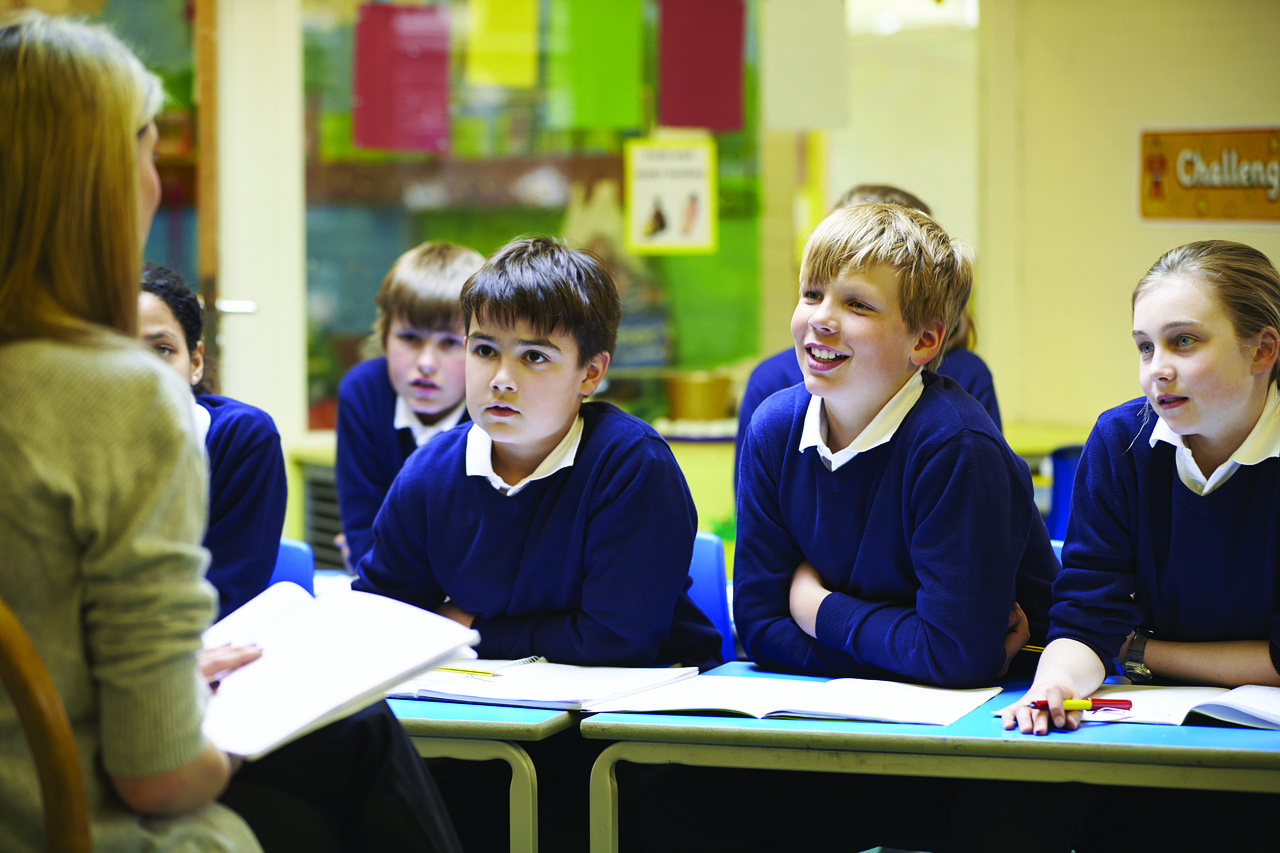To become an integral part of the instructional process, assessments cannot be a one-shot, do-or-die experience for students. Instead, assessments must be part of an ongoing effort to help students learn. And if teachers follow assessments with helpful corrective instruction, then students should have a second chance to demonstrate their new level of competence and understanding. This second chance helps determine the effectiveness of the corrective instruction and offers students another opportunity to experience success in learning.
Writing teachers have long recognized the many benefits of a second chance. They know that students rarely write well on an initial attempt. Teachers build into the writing process several opportunities for students to gain feedback on early drafts and then to use that feedback to revise and improve their writing. Teachers of other subjects frequently balk at the idea, however—mostly because it differs from their personal learning experiences.
Some teachers express concern that giving students a second chance might be unfair and that “life isn’t like that.” They point out that that a surgeon doesn’t get a second chance to perform an operation successfully and a pilot doesn’t get a second chance to land a jumbo jet safely. Because of the very high stakes involved, each must get it right the first time.
But how did these highly skilled professionals learn their craft? The first operation performed by that surgeon was on a cadaver—a situation that allows a lot of latitude for mistakes. Similarly, the pilot spent many hours in a flight simulator before ever attempting a landing from the cockpit. Such experiences allowed them to learn from their mistakes and to improve their performance. Similar instructional techniques are used in nearly every professional endeavor. Only in schools do student face the prospect
of one-shot, do-or-die assessments, with no chance to demonstrate what they learned from previous mistakes.
All educators strive to have their students become lifelong learners and develop learning-to-learn skills. What better learning-to-learn skill is there than learning from one’s mistakes? A mistake can be the beginning of learning. Some assessment experts argue, in fact, that students learn nothing from a successful performance. Rather, students learn best when their initial performance is less than successful, for then they can gain direction on how to improve (Wiggins, 1998).
Other teachers suggest that it’s unfair to offer the same privileges and high grades to students who require a second chance that we offer to those students who demonstrate a high level of learning on the initial assessment. After all, these students may simply have failed to prepare appropriately. Certainly, we should recognize students who do well on the initial assessment and provide opportunities for them to extend their learning through enrichment activities. But those students who do well on a second assessment have also learned well. More important, their poor performance on the first assessment may not have been their fault. Maybe the teaching strategies used during the initial instruction were inappropriate for these students, but the corrective instruction proved more effective. If we determine grades on the basis of performance and these students have performed at a high level, then they certainly deserve the same grades as those who scored well on their first try.
A comparable example is the driver’s license examination. Many individuals do not pass their driver’s test on the first attempt. On the second or third try, however, they may reach the same high level of performance as others did on their first. Should these drivers be restricted, for instance, to driving in fair weather only? In inclement weather, should they be required to pull their cars over and park until the weather clears? Of course not. Because they eventually met the same high performance standards as those who passed on their initial attempt, they receive the same privileges. The same should hold true for students who show that they, too, have learned well.







